1. Why is it important for Iran and Armenia to strengthen their relationship in terms of art and culture?
Strengthening the cultural ties between Iran and Armenia allows for the exchange of artistic and cultural
traditions, promoting mutual understanding and appreciation for each other's heritage. This leads to a more enriching cultural landscape in both nations.
2. How can closer economic ties between Iran and Armenia benefit both nations?
Increased economic cooperation can create new opportunities for trade and investment, leading to economic growth and development for both Iran and Armenia. Sharing resources, technology, and expertise can enhance productivity and competitiveness in various sectors.
3. In what ways can closer political collaboration between Iran and Armenia be advantageous?
Political cooperation can foster stability and promote shared interests at regional and international platforms. It can also encourage diplomatic dialogue and collaboration on key issues, building trust and mutual respect between the two nations.
4. How can strengthening social ties between Iran and Armenia improve the living standards of people in both nations?
Enhanced social ties can lead to cultural exchanges, social integration, and mutual support systems. This can
improve the quality of life for citizens in both Iran and Armenia, fostering a sense of unity and cooperation.
5. What potential areas of scientific collaboration exist between Iran and Armenia?
Both Iran and Armenia have a long history of scientific achievements. Strengthening scientific collaboration can lead to joint research projects, knowledge exchange, and joint technological advancements, benefitting both nations.
6. How can stronger ethic ties between Iran and Armenia promote understanding and tolerance?
Strengthening ethnic ties can create opportunities for dialogue, mutual respect, and understanding between different ethnic groups present in both nations. This can contribute to social harmony and peaceful coexistence.
7. How can closer religious ties between Iran and Armenia foster interfaith dialogue?
Both nations have rich religious traditions. Strengthening religious ties can allow for cross-cultural dialogue, religious tourism, and the exchange of
spiritual knowledge, promoting peace and interfaith understanding.
8. What specific obligations should Iran and Armenia undertake to strengthen their relationship?
Both nations should commit to open dialogue, respect for each other's sovereignty, and a willingness to address issues of mutual concern. They should also promote people-to-people exchanges and cultural initiatives.
9. What frameworks exist for Iran and Armenia to build their relationship upon?
The United Nations, regional organizations, and existing bilateral agreements can serve as frameworks for Iran and Armenia to deepen their relationship. Joint commissions and intergovernmental forums can also facilitate cooperation.
10. What requirements need to be met to strengthen Iran and Armenia's relationship?
Open communication channels, adequate funding for joint initiatives, willingness to compromise, and the establishment of dedicated bilateral institutions can facilitate the strengthening of the relationship between Iran and Armenia.
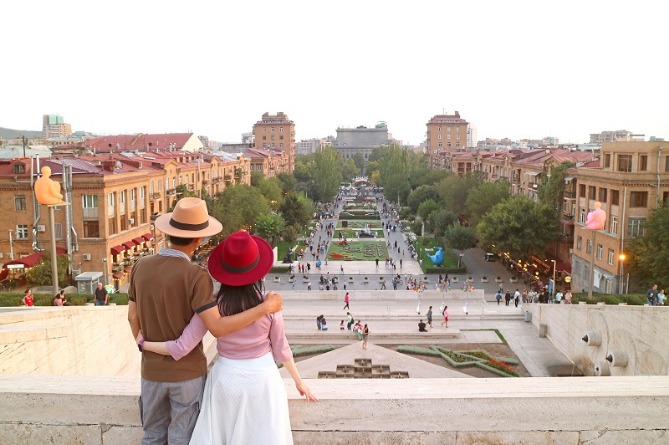
Iran and Armenia have a shared history
11. What common historical backgrounds do Iran and Armenia share?
Iran and Armenia have a shared history that dates back centuries, including cultural exchange, trade routes, and political alliances. Recognizing and celebrating this shared history can help foster a deeper bond between the two nations.
12. What potentials exist for mutually beneficial partnerships between Iran and Armenia?
Given their geographic proximity and strategic locations, Iran and Armenia can explore partnerships in sectors such as energy, transportation, tourism, agriculture,
and technology. Joint ventures in these areas can lead to economic growth and development.
13. What challenges might Iran and Armenia face in strengthening their relationship?
Political sensitivities, geopolitical tensions, cultural differences, and language barriers can present challenges. Addressing these challenges will require a commitment to diplomatic dialogue and mutual understanding.
14. How can the strengthening of Iran and Armenia's relationship open up new opportunities?
Closer ties can lead to increased cultural tourism, educational exchange programs, joint investment projects, and research collaborations. These opportunities can boost economic growth and enhance the overall well-being of both nations.
15. What positive social impacts can be expected from stronger ties between Iran and Armenia?
Stronger social ties can promote cultural diversity, social cohesion, and inclusiveness. This can contribute to greater social harmony and understanding within each nation.
16. How can the scientific collaboration between Iran and Armenia benefit both nations?
Scientific collaboration can lead to advancements in various fields, including medicine, agriculture, renewable energy,
and technology. This can have a positive impact on the healthcare system, agriculture productivity, and overall innovation in both nations.
17. In terms of religious ties, what commonalities do Iran and Armenia share?
Both Iran and Armenia have a long history of religious diversity and coexistence. Strengthening religious ties can promote interfaith dialogue, peacebuilding, and the protection of religious minorities.
18. What obligations do Iran and Armenia have toward preserving each other's cultural heritage?
Both nations should commit to the preservation, promotion, and protection of each other's cultural heritage sites, traditions, and artifacts. Collaborative efforts in these areas can increase cultural awareness and tourism.
19. How can Iran and Armenia collaborate on environmental protection and sustainability?
Both nations can share experiences, technologies, and best practices in areas such as water management, renewable energy, and climate change mitigation. Collaboration in these fields can contribute to a more sustainable future for both countries.
20. What opportunities exist for student exchanges and educational partnerships between Iran and Armenia?
Promoting student exchanges, scholarships, and joint
research programs can strengthen educational ties between Iran and Armenia. This can facilitate knowledge transfer and academic collaboration.
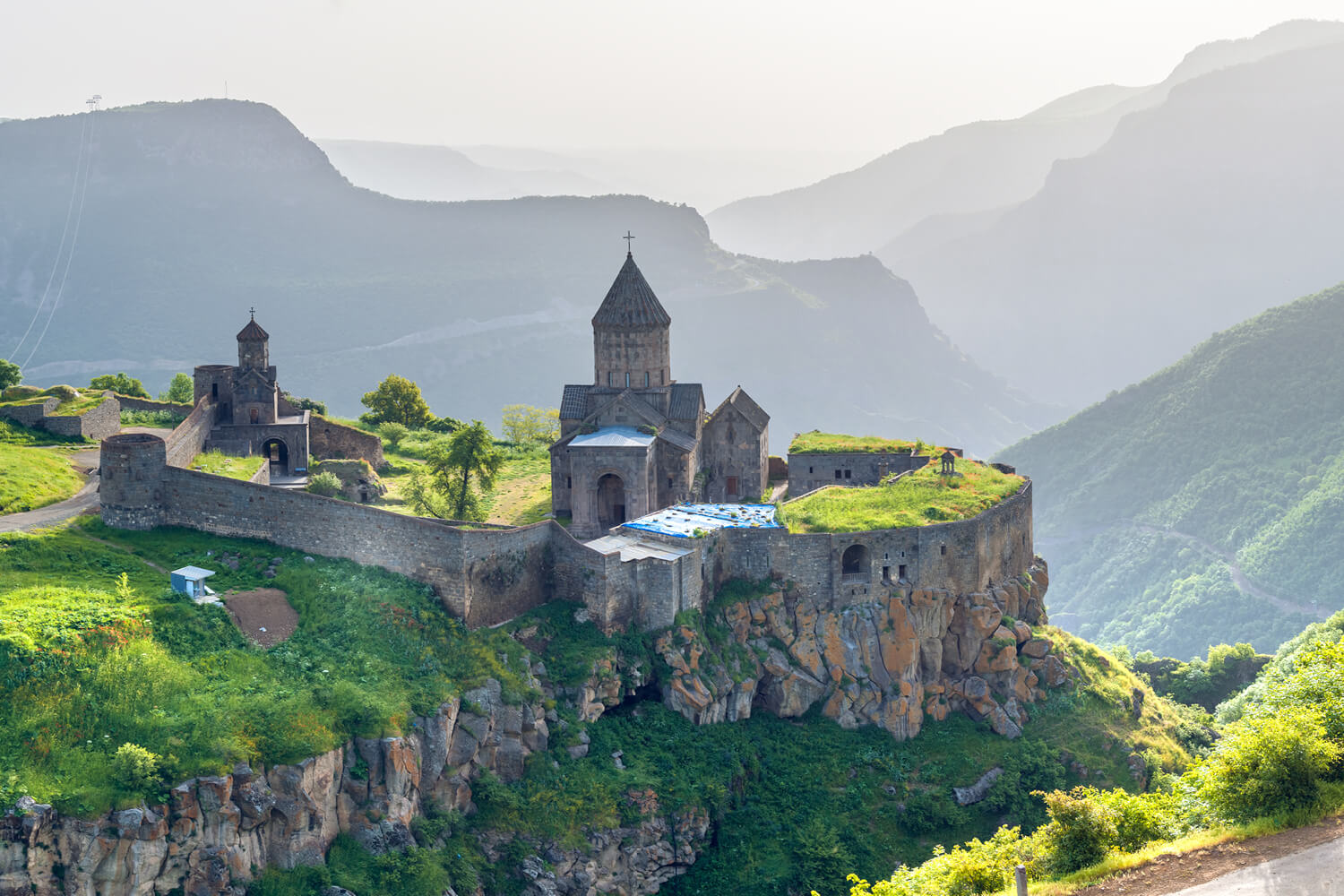
unique cultural, historical, and natural attractions
21. What mutual security interests might Iran and Armenia have?
Both nations share a geopolitical proximity to regions of conflict.
Strengthening security cooperation can promote stability, combat regional threats, and increase trust and confidence between the two nations.
22. How can Iran and Armenia work together to combat transnational crime and illicit trade?
Collaboration in areas such as intelligence sharing, border security, and law enforcement can help combat transnational crime, smuggling, and illicit trade. This can contribute to the safety and well-being of citizens in both countries.
23. How can Iran and Armenia promote cultural exchange programs to enhance mutual understanding?
Organizing cultural festivals, exhibitions, and artistic performances can facilitate the exchange of ideas, perspectives, and traditions between Iran and Armenia. This can foster mutual understanding and appreciation.
24. What opportunities exist for tourism development between Iran and Armenia?
Both nations have unique cultural, historical, and natural attractions. Collaborative efforts to promote tourism can increase visitor numbers, revenue, and job creation in both Iran and Armenia.
25. How can closer economic ties between Iran and Armenia strengthen regional integration?
Enhanced economic
cooperation can contribute to regional economic integration. Joint infrastructure projects, cross-border trade, and harmonization of regulations can create a regional economic network benefiting Iran, Armenia, and neighboring nations.
26. How can religious collaboration between Iran and Armenia contribute to peacebuilding efforts?
Religious leaders and organizations can engage in interfaith dialogue, peace education, and conflict mediation. This can foster understanding, harmony, and peaceful coexistence within and between communities in both nations.
27. What role can cultural diplomacy play in strengthening Iran and Armenia's relationship?
Cultural diplomacy initiatives, such as art exhibitions, film festivals, and cultural exchange programs, can create platforms for dialogue, build bridges, and promote understanding between Iran and Armenia.
28. What regional challenges can Iran and Armenia address together to strengthen their relationship?
Addressing issues such as regional conflicts, economic disparities,
water management, and environmental degradation requires collaborative efforts. Joint initiatives can contribute to regional stability and prosperity.
29. How can Iran and Armenia collaborate on disaster management and emergency response?
Shared experiences and knowledge exchange in disaster risk reduction, emergency response planning, and humanitarian assistance can strengthen both nations' capacity to mitigate and respond to natural and man-made disasters.
30. How can Iran and Armenia leverage their influential diaspora communities to advance their relationship?
Both
nations have significant diaspora communities around the world. Engaging with these communities can provide channels for cultural, economic, and diplomatic collaboration, benefiting Iran, Armenia, and their respective diasporas.
Increasing economic cooperation can create new opportunities for trade and investment that will lead to economic growth and development for Iran and Armenia. Sharing resources, technology and expertise can increase productivity and competitiveness in different sectors. Both nations have rich religious traditions. Strengthening religious ties can provide the possibility of intercultural dialogue, religious tourism, and the exchange of spiritual knowledge, promoting peace and understanding between religions. Due to their geographical proximity and strategic location, Iran and Armenia can participate in sectors such as energy, transportation, tourism, agriculture and technology. Joint investment in these fields can lead to economic growth and development. Holding cultural festivals, exhibitions and art shows can facilitate the exchange of ideas, views and traditions between Iran and Armenia. This can foster mutual understanding and appreciation.






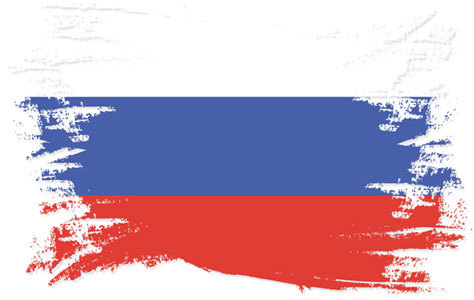

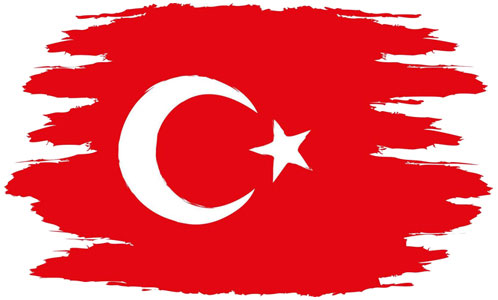

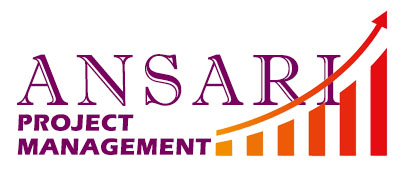

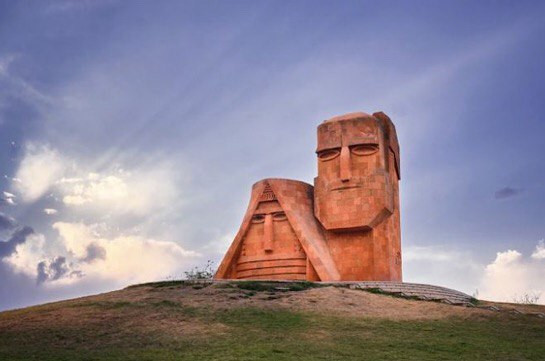
Write your review